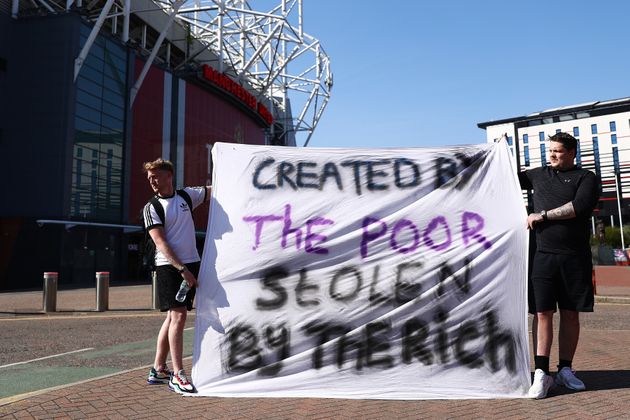
A county cricket chief has been accused of generalising in “outdated” stereotypes by suggesting Black players prefer football and rugby and the Asian community prioritise education in the latest racism storm to engulf the sport.
The chairman of Middlesex, Mike O’Farrell, was forced to apologise after a backlash to his comments made to parliament about the cricket’s lack of diversity.
Advertisement
Azeem Rafiq, the cricketer whose revelations lifted the lid on institutional racism in the sport, said he was staggered by O’Farrell’s views on the reasons why individuals from the Afro-Caribbean and South Asian communities drifted away from the sport, as he suggested counties did not get enough credit for the work they do.
O’Farrell told the digital, culture, media and sport select committee that 57 per cent of players at Middlesex at under-17 level were from culturally diverse backgrounds but that it became “more difficult” to keep that level of representation at older age-groups.
Advertisement
He said: “The football and rugby world becomes much more attractive to the Afro-Caribbean community, and in terms of the South Asian community…we’re finding that they do not want to commit necessarily the same time that is necessary to go to the next step because they prefer – not always saying they do it – they prefer to go into other educational fields where cricket becomes secondary.”
Ebony Rainford-Brent, a director at Surrey, tweeted: “These outdated views in the game are exactly why we are in this position.
Advertisement
“Unfortunately the decision-makers hold onto these myths. ‘The Black community only like football, and Asian community only interested in education’. Seriously, the game deserves better.”
Rafiq, who gave harrowing evidence to the same committee in November about the racial abuse he suffered at Yorkshire, said there is “a demographic of county chairs that don’t see the problem” of discrimination within cricket.
He said: “This narrative that we’ve been hearing for a long time that Asian people want to go and study is because we’ve not been made to feel welcome in our workspaces. I think it was incredibly disrespectful, but I think it just shows the wider problem.”
Rafiq also took issue with Hampshire chair Rod Bransgrove’s claim that his county was “overachieving in some areas” on equality, diversity and inclusion.
“It just shows what a long way we’ve got to go,” Rafiq told Sky Sports News.
“These people have come to a select committee and said they think that they’re overachieving, that the counties don’t get enough credit. (I’m) pretty angry.
“I think it shows that maybe the problem lies with the counties a lot more than the ECB (England and Wales Cricket Board). You’ve got a demographic of county chairs that don’t see the problem.
“I found it quite staggering to hear that one of the chairs felt that they were actually overachieving in this space.
“The way (new Yorkshire chair) Lord Patel spoke came from someone who not only has suffered, but gets it, and there’s a massive willingness to confront the issue.
“Whereas what I heard from the other (county chairs) was ‘we’re great, look at us, we do so many things in the community’. And this was exactly the same language that Yorkshire used in their defence with me.”
O’Farrell issued a statement apologising for his remarks, and added: “I was aiming to make the point that as a game, cricket has failed a generation of young cricketers, in systematically failing to provide them with the same opportunities that other sports and sectors so successfully provide.
“Cricket has to take responsibility for these failings and must learn that until we make the game an attractive proposition for youngsters of all backgrounds to continue through the pathway into the professional game, much like other sports and sectors are doing, the game won’t make the progress it needs to.”
He said in a later interview with Sky Sports News that he was not planning to resign, but that he would step down if the Middlesex board or the club’s members wanted him to.
Advertisement



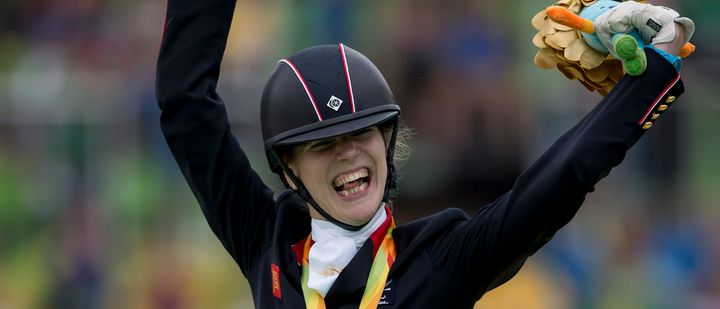

 WATCH MORE ON #All4: https://bit.ly/3ufmZsY","thumbnail_url":"https://i.ytimg.com/vi/OjIP9EFbcWY/maxresdefault.jpg","thumbnail_width":1280,"thumbnail_height":720,"cache_age":86400,"options":{"_cc_load_policy":{"value":false,"label":"Closed captions"},"_end":{"placeholder":"ex.: 11, 1m10s","value":"","label":"End on"},"_start":{"placeholder":"ex.: 11, 1m10s","value":"","label":"Start from"},"click_to_play":{"label":"Hold load & play until clicked","value":false}}},"fullBleed":false,"flags":[],"enhancements":{},"options":{"theme":"life","device":"desktop","editionInfo":{"id":"uk","name":"U.K.","link":"https://www.huffingtonpost.co.uk","locale":"en_GB"},"slideshowAd":{"scriptTags":[],"otherHtml":""},"slideshowEndCard":{"scriptTags":[{"attribs":{},"scriptBody":"\r\n (function(){\r\n var c = document.getElementById(‘taboola-endslate-thumbnails’);\r\n c.id += ‘-‘ + Math.round(Math.random()*1e16);\r\n \r\n var taboolaParams = {\r\n loader: \"//cdn.taboola.com/libtrc/aol-huffingtonpost/loader.js\",\r\n mode: \"thumbnails-b\",\r\n container: c.id,\r\n placement: \"Endslate Thumbnails\",\r\n target_type: \"mix\"\r\n };\r\n \r\n if (typeof window.modulousQueue === \"function\") {\r\n \twindow.modulousQueue.add(function(){ doTaboola(taboolaParams); });\r\n } else {\r\n \tdoTaboola(taboolaParams);\r\n }\r\n }());\r\n"}],"otherHtml":"
WATCH MORE ON #All4: https://bit.ly/3ufmZsY","thumbnail_url":"https://i.ytimg.com/vi/OjIP9EFbcWY/maxresdefault.jpg","thumbnail_width":1280,"thumbnail_height":720,"cache_age":86400,"options":{"_cc_load_policy":{"value":false,"label":"Closed captions"},"_end":{"placeholder":"ex.: 11, 1m10s","value":"","label":"End on"},"_start":{"placeholder":"ex.: 11, 1m10s","value":"","label":"Start from"},"click_to_play":{"label":"Hold load & play until clicked","value":false}}},"fullBleed":false,"flags":[],"enhancements":{},"options":{"theme":"life","device":"desktop","editionInfo":{"id":"uk","name":"U.K.","link":"https://www.huffingtonpost.co.uk","locale":"en_GB"},"slideshowAd":{"scriptTags":[],"otherHtml":""},"slideshowEndCard":{"scriptTags":[{"attribs":{},"scriptBody":"\r\n (function(){\r\n var c = document.getElementById(‘taboola-endslate-thumbnails’);\r\n c.id += ‘-‘ + Math.round(Math.random()*1e16);\r\n \r\n var taboolaParams = {\r\n loader: \"//cdn.taboola.com/libtrc/aol-huffingtonpost/loader.js\",\r\n mode: \"thumbnails-b\",\r\n container: c.id,\r\n placement: \"Endslate Thumbnails\",\r\n target_type: \"mix\"\r\n };\r\n \r\n if (typeof window.modulousQueue === \"function\") {\r\n \twindow.modulousQueue.add(function(){ doTaboola(taboolaParams); });\r\n } else {\r\n \tdoTaboola(taboolaParams);\r\n }\r\n }());\r\n"}],"otherHtml":"

 (@weegingercpunk)
(@weegingercpunk) 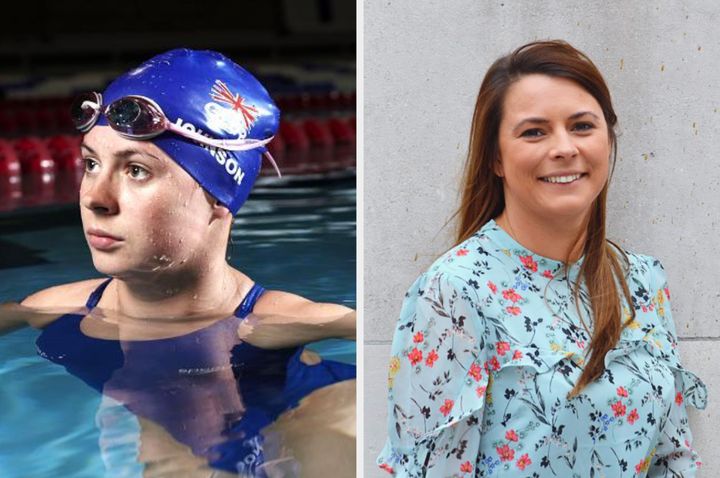
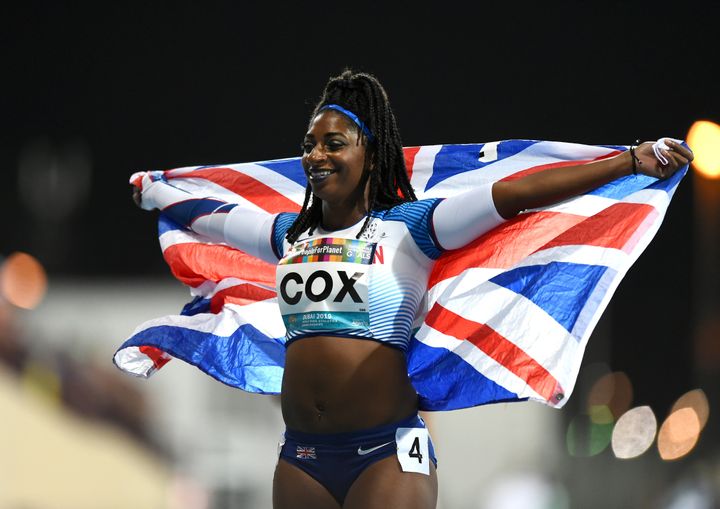
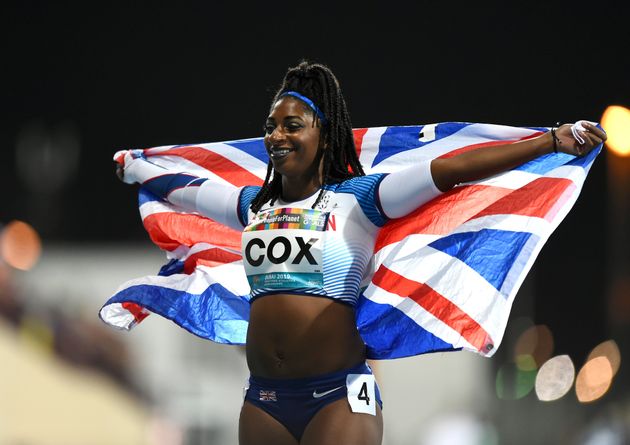
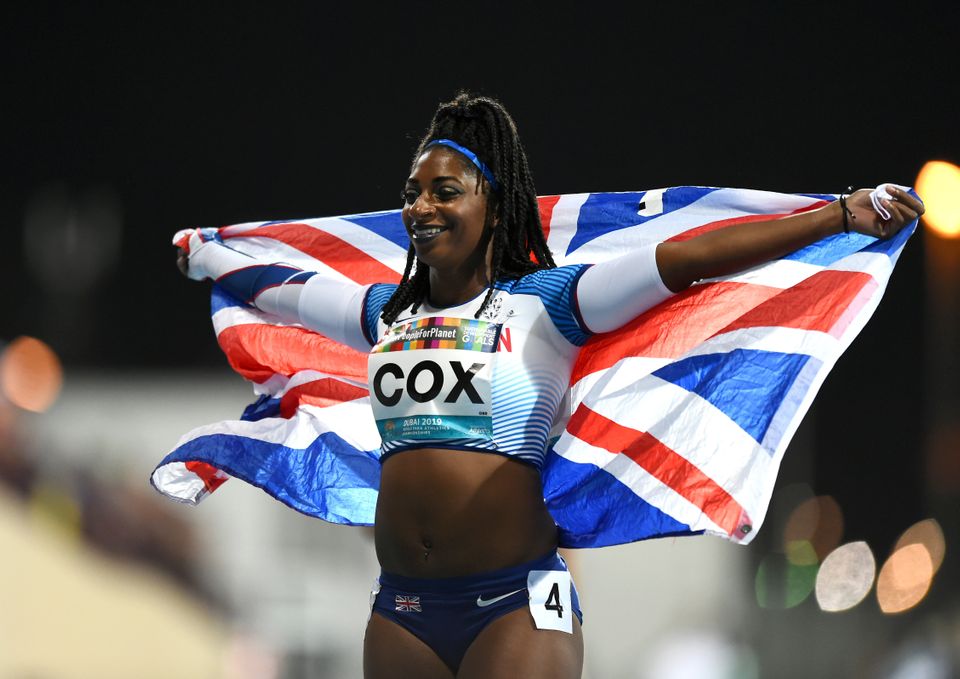
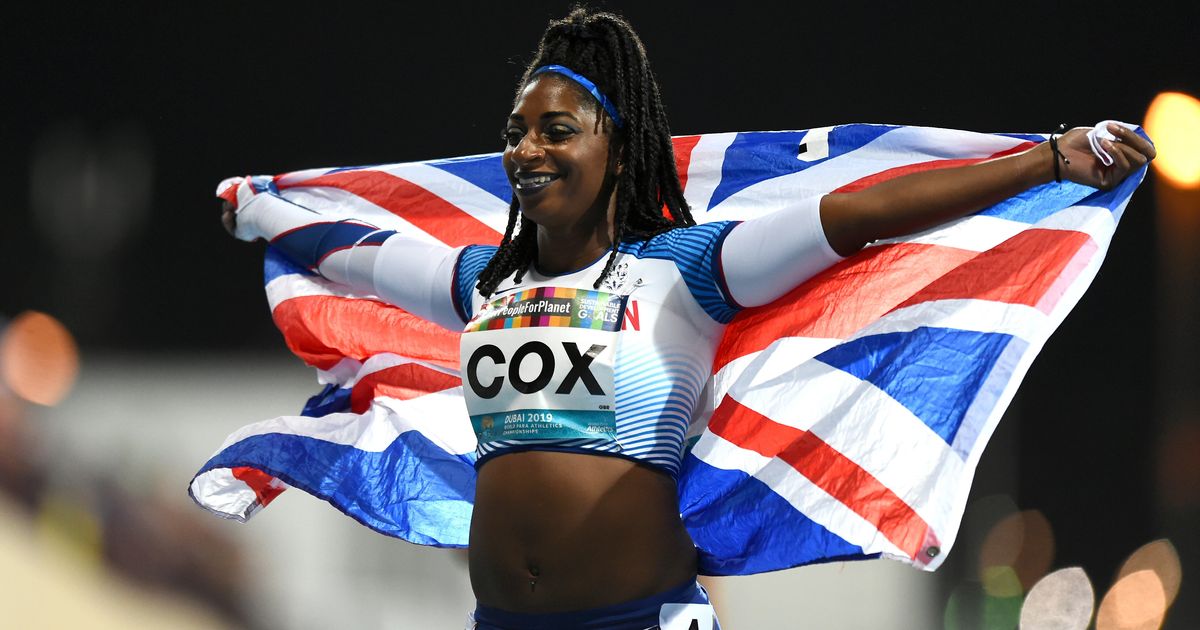
































 (@GaryLineker)
(@GaryLineker) 


